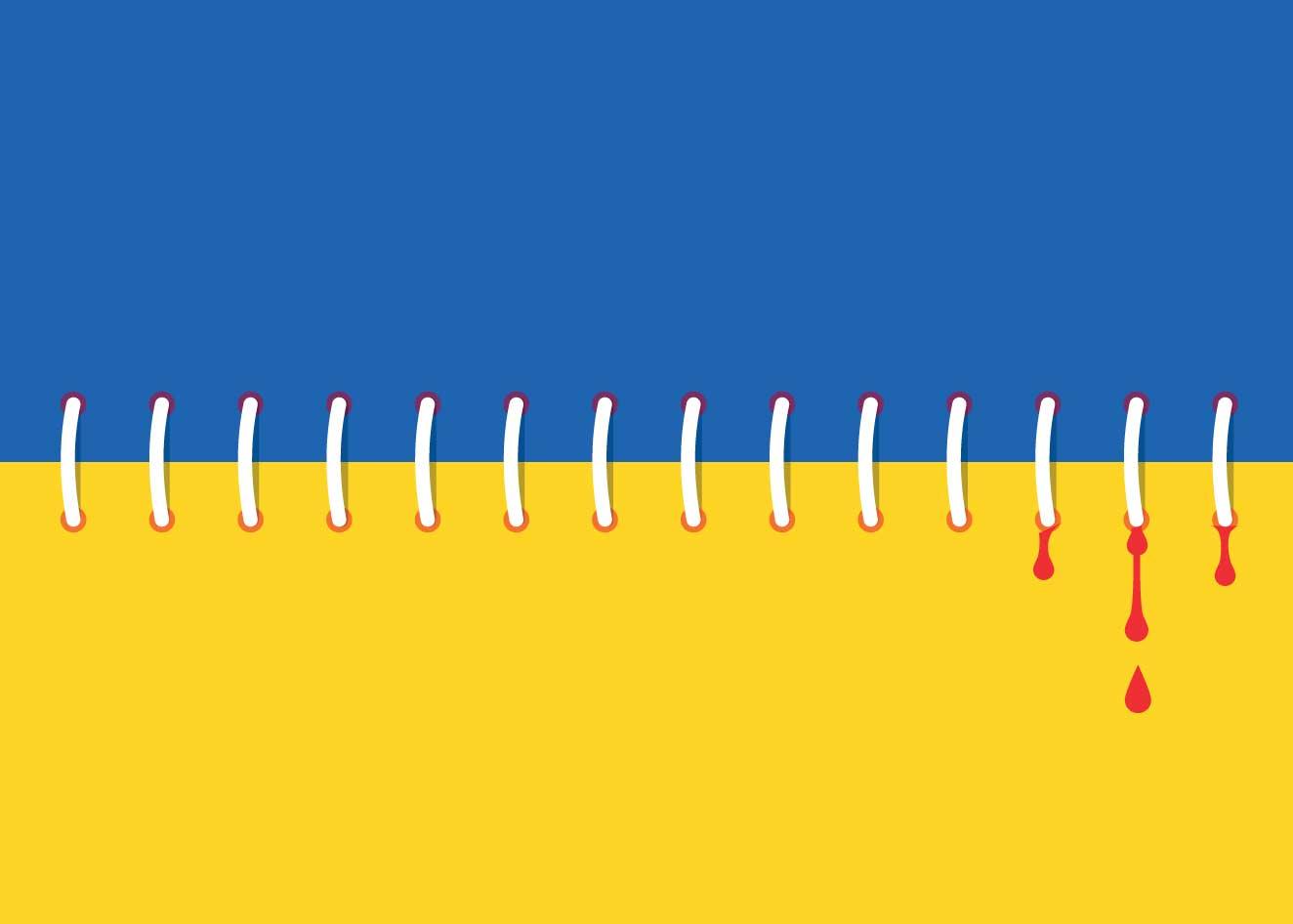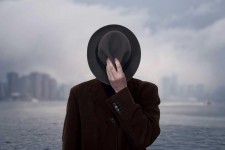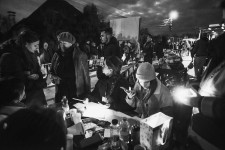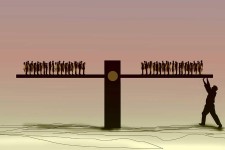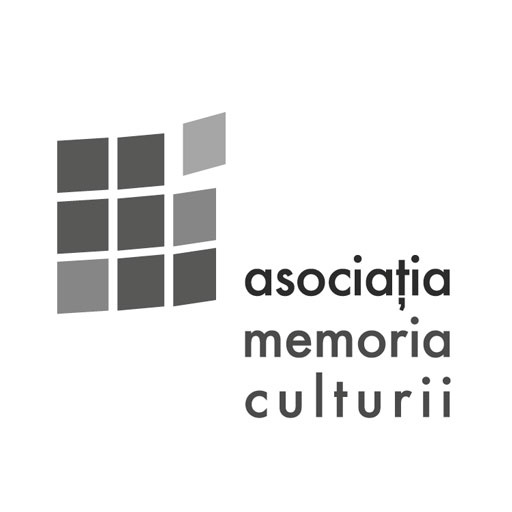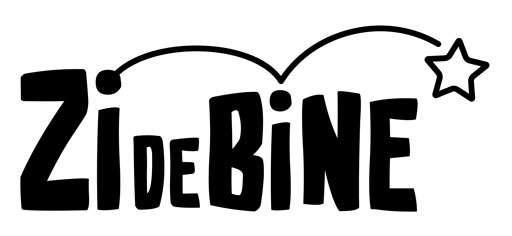Casualties of war since the beginning of the conflict in Ukraine are just estimates, but numbers reach hundreds of thousands dead and injured. Besides flesh wounds, there is another type of invisible wound: psychological trauma. 1.5 million children are at risk of depression, anxiety, post-traumatic stress disorder, and other mental health issues, with potential long-term effects and implications, according to data provided by the UN.
Olena Koval previously ran a private practice in Kyiv before the war began. Presently, she dedicates her efforts to conducting trauma therapy groups for women and facilitating mental health support education for adolescent refugees in Cluj. She explains why teenagers are most vulnerable and how the war will continue long after the fighting is over, in the minds of the soldiers returning home.
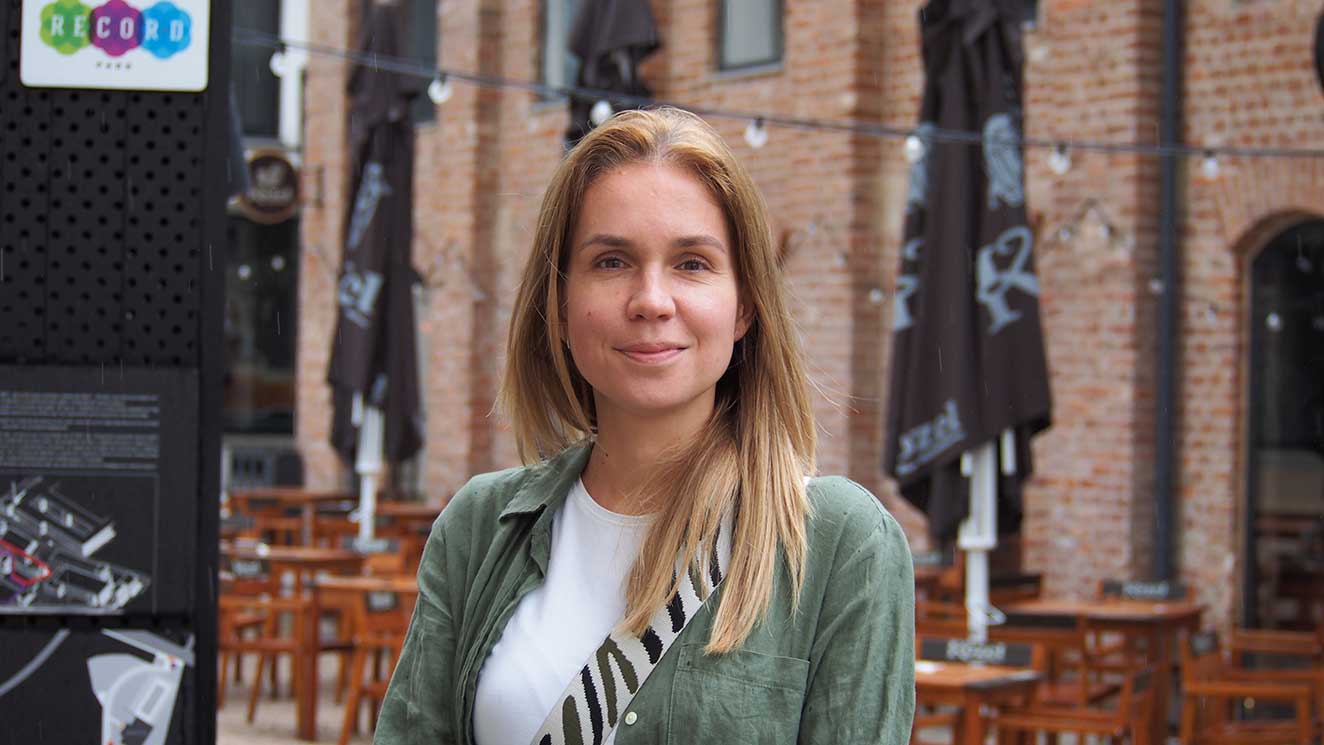
WSJ: How is a childhood spent in a land at war? There are many children in Ukraine who didn’t flee when the war began. Families who are still there, close to the front line.
You see… All living beings are hardwired to prioritise their life over everything. To survive. And as a child, you cannot survive without your adults. War is horrible for everyone and you need to become an adult yourself in order to survive. Because you cannot rely on the adults who were providing your safety and comfort before the war. The brains of these adults are now busy with their own survival. So there is no environment to be childish, not inside of you, not around you. No time, no right moment, no room for that. There is no time to be naive, or childish. Life is simple now: Survive! Focus on the basics: where to sleep, what to eat, where to get a jacket because you ran away from bombs just in a T-shirt.
What can happen to a child’s brain, that inhibits it from behaving… childish?
When the world around you becomes insecure, when you see bombs exploding and witness the fights, your neocortex is switching off. And the neocortex is what makes us human. Without it, our reptile brain and our limbic system start working. They are in charge of surviving: when we experience fear, they pump adrenaline, and cortisol gets into our system. Then it’s fight or flight. When you witness traumatic events you are not thinking about any deep aspects of life, such as feelings or emotions. If you live in a territory which is at war, you are constantly returning to your reptilian brain. Countless times. It is not something you can control, it is just the way you work because you are a living being.
When do you get to feel the hurt?
Maybe years later. It depends on a lot of factors. As soon as you feel a bit of security the neocortex is switching on again, and all these feelings and emotions which you ignored, they are showing up. They are flooding your psyche.
Whom of us are the most vulnerable, psychically?
Teenagers. As a teenager, you are already experiencing a life crisis: you are not a child anymore, but you are not yet an adult. You are disappointed with your parents, you need to separate yourself from them, and you try to “feed” on models outside of the family, other adults, bloggers, celebrities, whoever. You no longer feel solid ground under your feet; you try to make sense of the world around you. You feel uprooted. “Who am I in this world? What fits me? What doesn’t fit me?”
And the war is just adding more chaos into their already unstable world…
Their whole world is destroyed. Everything becomes unpredictable and dangerous. Most feel alone and neglected, unable to trust in simple things, and believe they can only rely on themselves, on nobody else. They disconnect. “In order to survive, I need to separate from this unpredictable life”.
This disconnection from reality… Is this running away? Fleeing?
No, this is something different: alternate state of consciousness. It is a type of freezing. “This is not happening with me”, “My life is like watching a movie”. Or “I am watching my life from a window”.
What triggers this?
Shock trauma. When the neocortex is switching off, first you go into freeze mode. Endorphins play their role, they’re a painkiller for our psyche. After the freeze, you experience this altered state of consciousness. Then automatic reply, then self-repair. Freezing is a key sign that stress is traumatic. It can last for milliseconds, you won’t feel your body, emotions disappear. You feel… dead.
How do you help teenagers overcome war trauma?
I am working with groups and individually here in Cluj. Most of them were evacuated in time, but even so, they tell me, “I understand I’m here, but I feel I’m watching a movie about my life”. So it feels that their life doesn’t happen to them, like they are witnessing it from the outside… We cannot diagnose now, whether or not they will be scars for life. What we can do now is be close to them and give them our full attention, be open, be present. They need to feel… warm hugs. Not just physical hugs, emotional hugs. They need to feel seen, they need to feel they matter… Then there will probably be no scars. We don’t know for sure. Usually we are saying that the sooner help is there, the better for their future.
What is their refuge?
It depends on their temperament. They watch movies. They try to keep connections with their friends from Ukraine. They try to find new friendships, and meaningful things. It can be an eating disorder. There are a lot of options. Some are drawing. Some try to deal with anxiety by eating compulsively.
How about them knowing that their fathers are on the front line fighting?
Some are scared, of course. Some prefer not to talk about it. Just today I was talking to a friend in Kyiv. She has two boys, teenagers. She faced a reaction from her older son, and he said, “Mom, I hate war. We shouldn’t do this to people”. This teenager was saying he cannot accept that, on the one hand people are living normal lives in Kyiv, going to cafes and so on, but on the other, rockets are flying over their heads, veterans come in from the frontline with missing limbs. “Is there war, is there life? Which to choose?” he thinks. A part of our psyche tries to ignore the bad, and only focus on the positive. So the teen’s mother started to explain that the Russians are bad, that Ukrainians must fight. As adults, we often try to teach kids what to feel, and to react the way we want them to. But we must keep our hearts and minds open. All your reactions towards what is happening around you are, in fact, good. Real. You just sometimes don’t understand them.
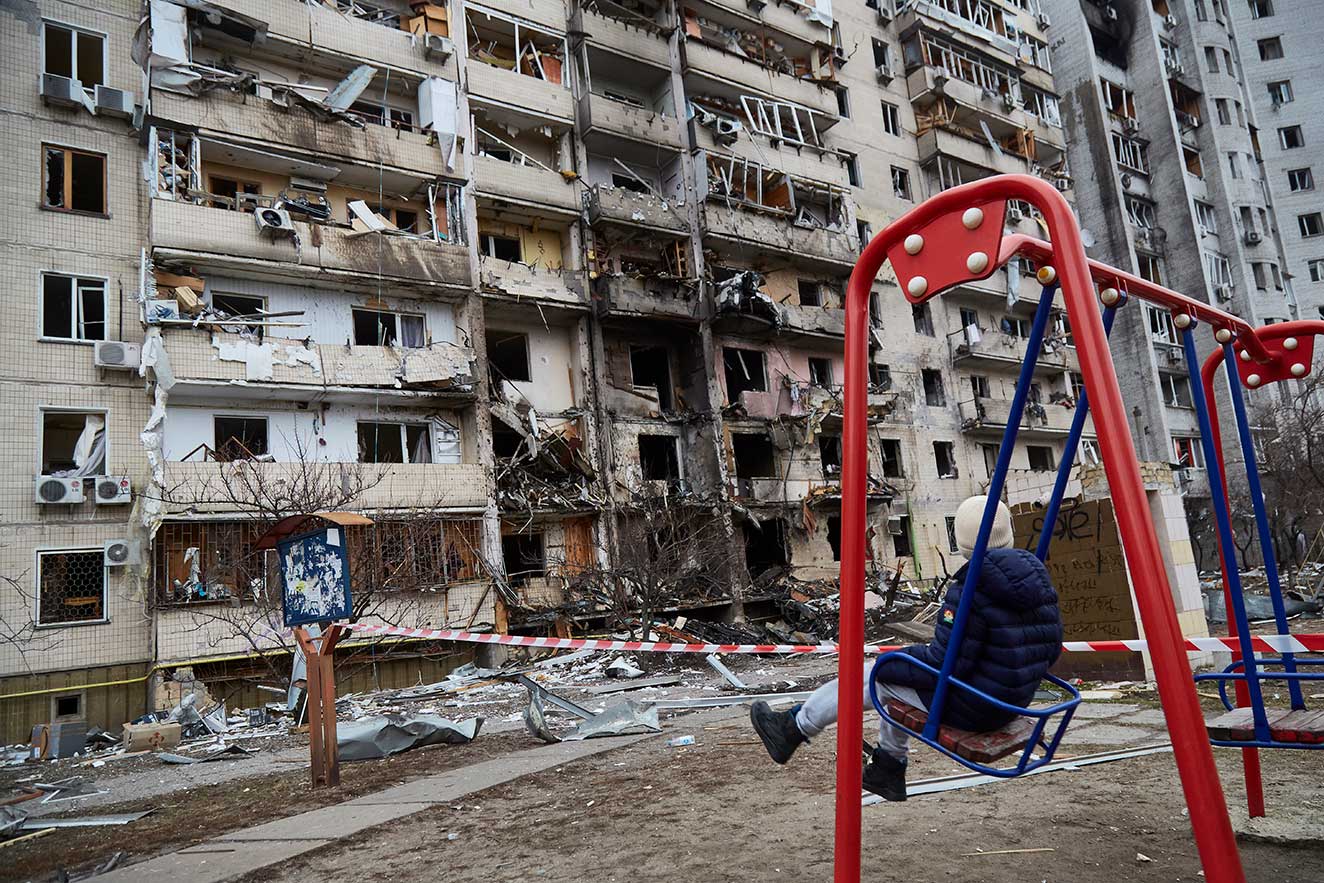
How do younger children perceive everything that is happening?
It depends on the family and how the adults close to the kids cope with this stress. How stable they are, how they can process the situation themselves, and how they can provide a safe enough environment, both mentally safe, and physically safe. And, of course, predictability, order. Because kids, they need structure, they need discipline, routine, limits.
So, more or less, younger kids borrow the trauma from their parents?
Yes. The term is transgenerational trauma. As a member of a community, you cannot separate yourself from the burden of your community. And new trauma triggers previous traumas. It’s like a necklace. If you cut the string, you let the first bead go, and suddenly you have more, more, more coming. And it doesn’t stop until it’s done.
A lot of people suffering from trauma at the end of the war…
War will still be there even after peace. In Ukrainian homes and families, in the form of Post Traumatic Stress Disorder. It will take generations to overcome this, since there are not enough programmes in place to help all the veterans who will return home. When soldiers are fighting, the value of life is so concentrated. You can sense it in the air, you are high on adrenaline, you are sensing it with all your possible senses, and you understand it, you are aware about it. And then comes peace. You are pulled out of your trenches and you need to take kids to kindergarten… Seriously? There is nothing vital about bringing kids to kindergarten. That seems pointless to somebody doped on surviving.
Did you witness this as a therapist?
I saw it as a child and as a therapist. I grew up close to Bahmut, in the 90s, in a city of miners, hard-working people. We had these multifamily 200-apartment communist buildings. I remember we had a neighbour, a man who fought in Afghanistan, he lived in the apartment under ours. He became an alcoholic. He needed his vodka to cope. Everybody avoided him, we never knew when he was drunk or not. He could snap out of nothing, and become violent. We never knew what could trigger him. Then, back in 2013, in Donbas, when I was taking my trauma therapy course. There were soldiers saying, “All right, I’m back from war. What should I do now, drink coffee and chat with friends?” There was a lot of disappointment. A lack of reason to live.
Like being an addict and stopping abruptly.
Just imagine. All these soldiers in the bus, in the metro, on public transportation. Life is full of triggers for former soldiers. Some loud music. A person staying behind you in a queue. A kid coming from behind to scare you. I can hardly imagine how it really feels for them. And you never know when this is enough of a trigger for him to black out and just rampage.

How was your society, how were you, as a person, affected by transgenerational trauma?
We lived under the soviets longer than you guys did. This meant a more traumatic stress, it pushed us far away from our feelings. For example, in my childhood nobody asked me how I felt. This question didn’t exist. Nobody cared. What they cared about was whether or not I had good enough shoes, clothes, and some food. There was no room for emotions. No room to talk about traumas. “What traumas, we have nothing to eat”! There was also a widespread cliche: if you are not good enough, the community rejects you. Our education system was full of that. So, you must please your community, otherwise the community expels you. And you cannot survive alone. Being expelled means death. I, like many others in my society, was taught to follow rules from the outside, not from the inside. This is what happens in a society that is not an adult in its collective mind, where you, as an individual, do not dare to follow your own self, where you learn not to trust yourself: you invent new rules to please your community. Because your trust, your inner compass, your courage were erased. And we lived like this until 2000. Then we had the first revolution, then the 2013-2014 annexation of Crimea, the war in Donbas. In between we had the two economic crises. The pandemic. Every time we were trying to stand up, something unpredictable came out of nowhere and slapped us down, which put us again in the position of fulfilling basic needs. Surviving.
If it were a patient, someone walking in your office. Who is this “collective” person? How old? Why did he or she come to the therapist?
She is a young lady. Almost an adult, somewhere in her late teens. She feels a bit lost, but she is strong enough. She is constantly looking for a way to overcome her problems. But she feels that the world isn’t safe, or predictable. And she has a strong feeling that what she sees is not the whole picture. That there is something else besides what she sees. She needs a safe space in order to bring all her pain and grief, to breathe in and out. She needs a pause from her fighting. She needs a feeling that she is good enough and she doesn’t need to prove to anybody how good she is. And she just needs to be herself.
Did she find her solid ground?
She is moving. Her back leg is in her teenage years, unstable times, but the forward leg is just touching solid ground. Inner stability. Freedom, Acceptance. Connectedness to the world around her. She feels she doesn’t need to prove herself anymore and that she can be who she is.
How can you use trauma to your benefit?
There is this term called Post Traumatic Growth. When the trauma is integrated, when you process all your emotions, when you see things as they are, when you can separate what actually happened, and are aware about the feelings you experienced, what knowledge you can take out of it, there is this PTG. You can see it in the culture. Music, literature, film, fashion. Especially after 2013, when the conflict in Donbas started, there was a bloom in Ukrainian culture. Local bands, folklore, traditional clothes, they all became cool. Before, they were for old people, for uneducated, for outsiders. We can see PTG in being strong, independent, defending ourselves. In finding our inner identity.
What did you learn as a professional since the war began?
I learned that war triggers aspects which may have always been there, but hidden behind a mask. Behind the wrapping. War exposes old traumas, old stories. Exposes the core. And you never know how it transforms people. I know people strong enough to adapt, and who are now in a better position compared to before the war. Because war forced them to filter important from unimportant. War also taught me that home is not your house, not a building. Home is a feeling. All that matters is your inner “home”.








